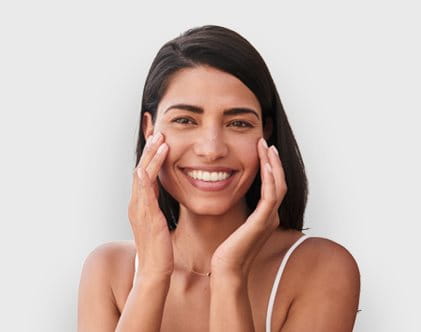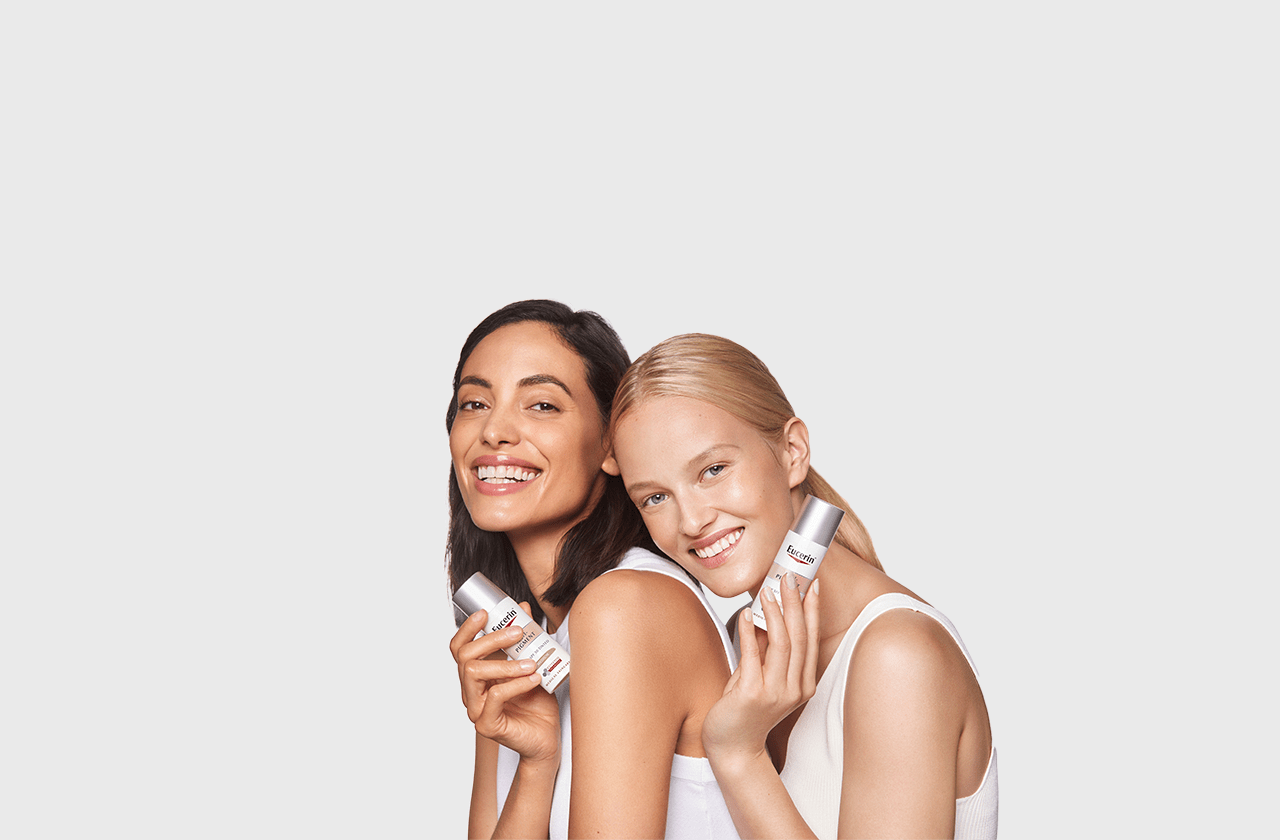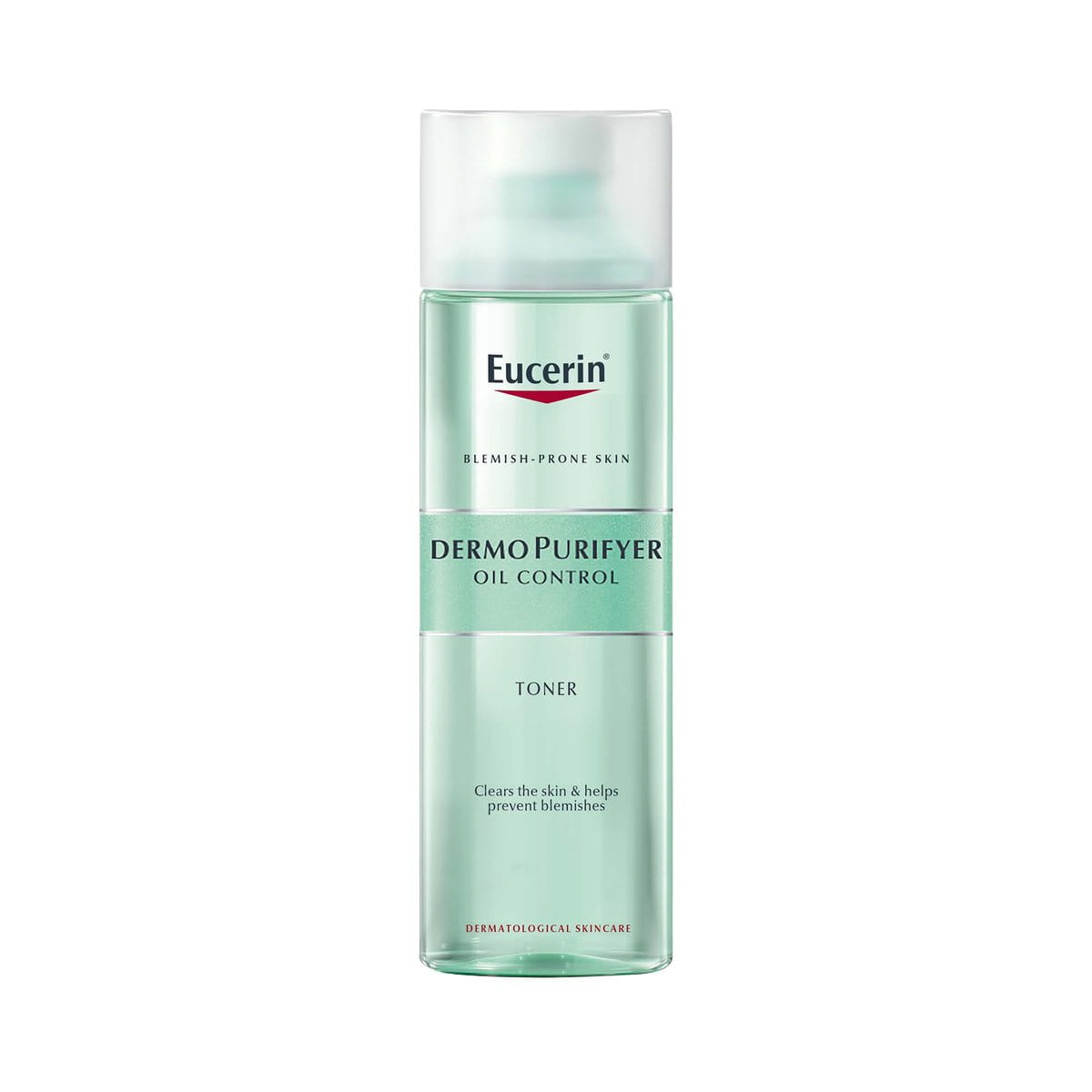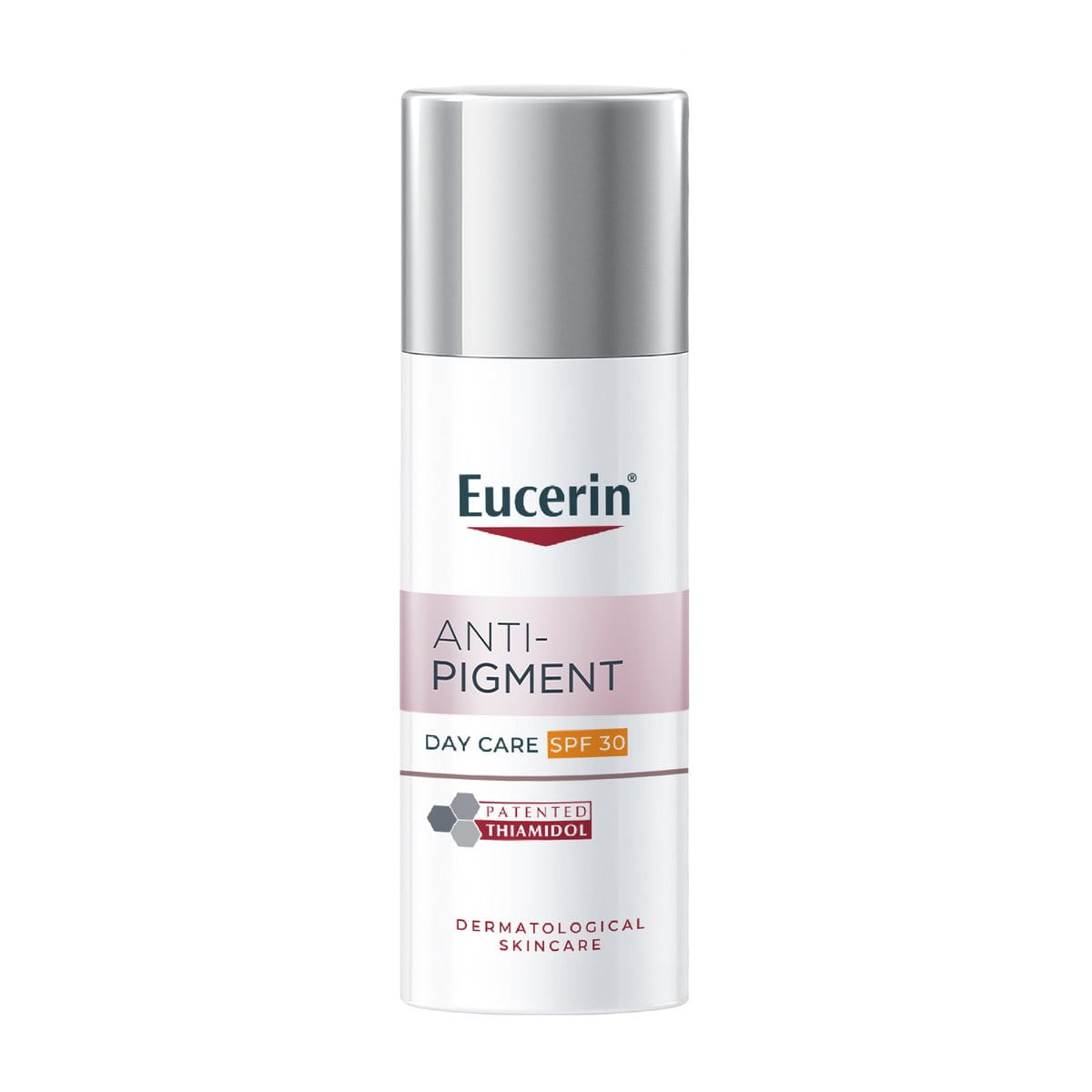The moment we wash our faces after a stressful day, we religiously reach out for a dab of moisturizer to coat our faces with. While it may seem insignificant in our 7-step skincare routine, hydration is a cornerstone in maintaining healthy, plump skin. Although cleansing and SPF application are essential, your skin needs adequate hydration to fight off the inflammation and stressors that affect its barrier as well. This is exactly how moisturizer benefits us! If you are seeking to improve your skin health, then follow along to understand the science behind why is moisturizer important and the drawback of avoiding it in your skincare routine.
Keynotes:
- Moisturizing your skin plays a key role in hydrating your skin and creating a protective barrier against environmental factors and water loss (TEWL).
- The lack of a moisturisng agent in your skincare routine can lead to dry, rough and flaky skin, increasing its sensitivity to irritants in the environment.
- The steps towards picking the right face cream for you are by choosing products based on your skin type, ingredients and usage.
- Stay consistent in your skincare journey for radiant, resilient and soft skin.





